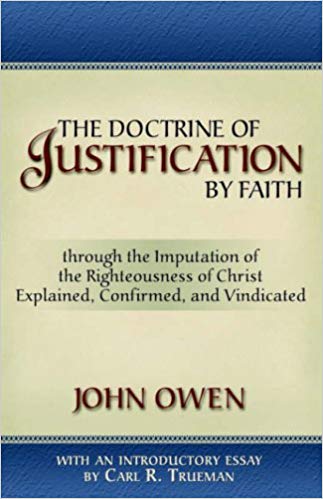** began as ‘Essex Puritan studies’ (TEC formerly) **
Puritans’ Spiritual Practice then and now!
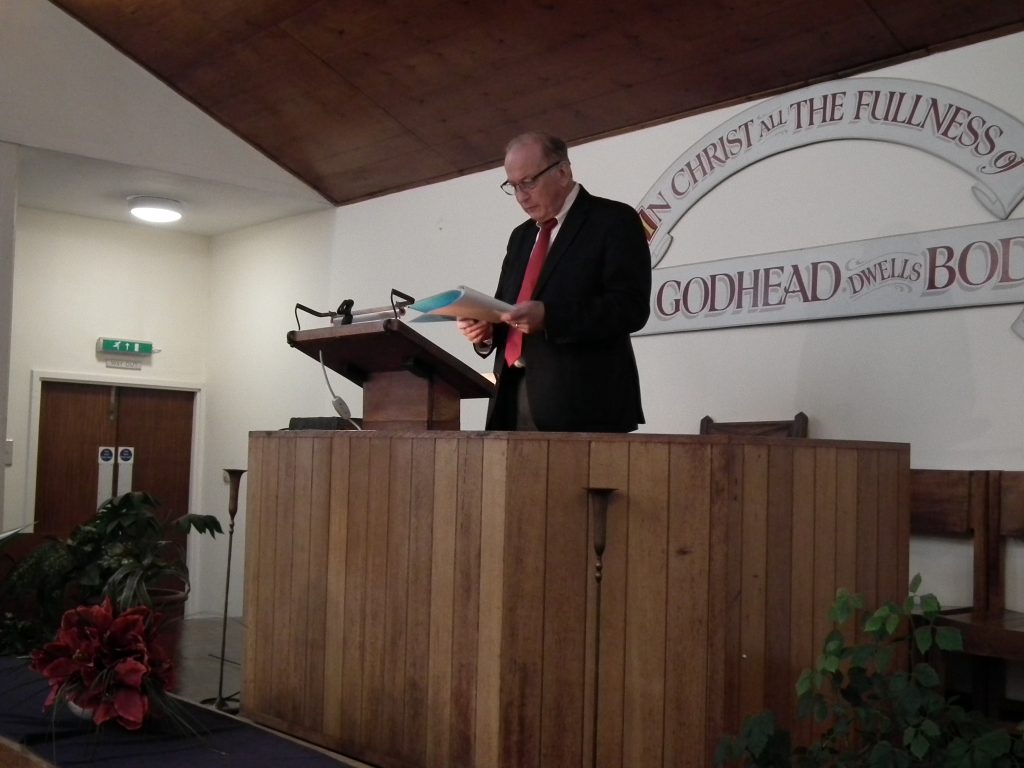
Puritan International Conference (PIC) has the goal of doing (Experimental/Experiential) theology. “A Thousand Praises in due by forefathers of Faith…”
We also should seriously consider…’PIC’ from now on.
A statement of faith of doctrinal basis, to identify who we are, what we are promoting, and what we must exclude to preserve that basis.
1) The name
As we planned that the name of website should be Puritan International Conference from now on, even though we need keep under right below PIC our history and name of ‘Essex Puritan Conference’ with (***)
2) Our Mission and policy
We shall keep and upholding the Reformed faith/theology of Reformation leaders in those period and that Reformed truths on Scripture, Doctrine, and Church polity is in its historical n central message of our Saviour the Lord Jesus Christ. We shall continue to emphasis the experiential theology in application of daily lives that We need to GO and witnessing to the our Master Jesus Christ not to Stay in like dead-sea rather like the sea of Galilee.
“The Puritan International Conference is non-denominational and welcomes attendance from all who love the Lord Jesus Christ in sincerity. The Conference exists to explain and support the Reformed, Biblical, Christian faith as taught and lived out by the Reformers, the Puritans, and their descendants and as laid out in the great Reformed Confessions, the ’39 Articles’ of the Church of England, the Continental ‘3 Forms of Unity’, the original French Huguenot ‘Gallic Confession’ (1559), and the Westminster Confession and its daughter Confessions, the Savoy Confession and the 1690 Baptist Confession.
All lectures and publications will be in line with those Confessions”
3) ‘Covenant Christian Vision’ that we are small but our vision is big as we r called from above.
We shall seek and serve the world Christianity where so much ‘puritan reformed teaching’ is needed that, for them n the community to be re-educated where it is necessary to serve them with biblical teaching and historic witnessing of our forefathers of reformed faith in the world.
4) Theologizing/Θεολόγος Ministry
To promote the full Reformed and Confessional faith, with Biblical polity and set-aside, ordained, Elders, and Scriptural discipline and worship. ‘For as we have many members in one body, and all members HAVE NOT THE SAME OFFICE.’ (Romans 12:4).
‘ My brethren, be not many masters (or teachers), knowing that we shall receive the greater condemnation.’ (James 3:1).
We often see that other churches throughout the world the worship show ‘happy clappy’ and almost charismatic worship movement is sweeping around globe particularly in the third world countries that there is no relation to the ‘regulative principle’ of Scripture.
Such theology as there is, often recognised based on the lay leadership idea, is a basis for confusion. ‘Pastor’ means SHEPHERD. Can a flock of sheep all become their own shepherds, and dismiss the (trained and experienced) shepherd? Such a flock would certainly go astray and be fodder for the wolves.
Those some of world Christian churches confuse the spiritual and the physical sides of ‘ministry’. that the pastor’s role is spiritual ministry as our website head lined as ‘Puritan’ Spiritual Practices then and now. Our church leader Pastor is to be the teacher, the overseer, the mentor of the spiritual progress (or backsliding) of the flock. Only a man called of God is a special way, trained and set aside for the role can do that. Our invited speakers to the conference have a special role in teaching and preaching ministry to audience then we ourselves are called to apply the message and living out the Christian life, witnessing and being salt and light in the community.
During the conference, there will be:
- Open Air witnessing on the Saturdays (2 weeks before the conference…,)
- Christian Heritage Ministry displays in the church hall
- Guided tour of Southbank, Southwark and the City of London (the golden Puritan square mile) – a London church historic study tool is used as well as a guided tour in Essex to bridge Hertfordshire, Bedford, Cambridge, Suffolk, Norfolk, Holland, Europe and USA.
- Introductory talks on English Puritans and their story, followed by lectures from notable speakers with specialisms in the history of Puritans and the Pilgrim Fathers.
- PIC is aiming to be ‘A Beacon for England and to the World’ – a 16th century reference to Puritans and Pilgrims in Essex, Cambridge, and East Anglia.
The Battle of Hastings and the Norman invasion of 1066 are basic English history lessons. But few are aware of the irregular and unchartered arrival of the French Huguenots (French-speaking Calvinists) in Kent during the Tudor, Stuart and Hanoverian times. It was a peaceful and large-scale immigration that took place over a long period of history in uncertain conditions.
The Conference is organized and supported by ‘Puritan International, Bridge Ministries London – International & Forest Hall Evangelical Church, Essex Protestant Council, Christian Heritage Centre (nearby Birmingham) and Return of the King Fellowship (ROCK) – London
Essex is Puritan County


Thomas Hooker arrived in Chelmsford, Essex in 1625. A Leicestershire-born graduate who had been educated in Emmanuel College, Cambridge the most Puritan of the colleges, he became the town Lecturer.
The Mayflower 1620


These Puritans were led by:
Faith in the Lord Jesus Christ
Freedom to worship biblically and
exercise faith in him, there being no
other way except the Lord
Fellowship of the Gospel they enjoyed
in the Saviour’s name, all glory being
given to Jehovah God, the living Lord.
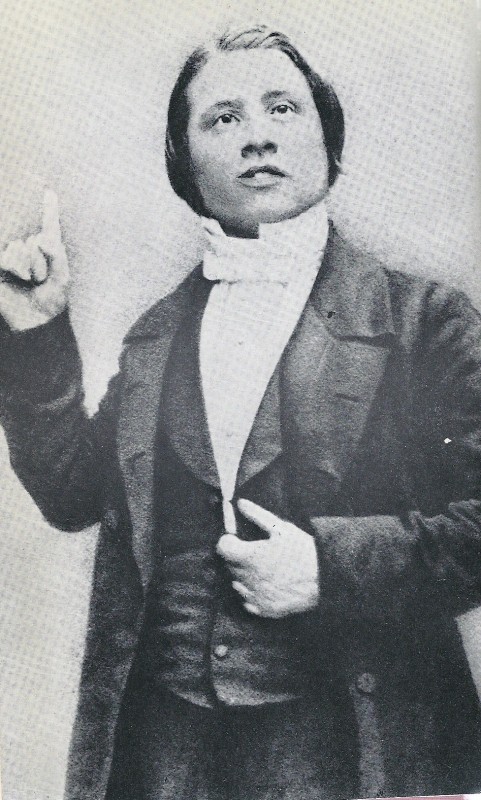
Charles Haddon Spurgeon
Two centuries later, Puritan teaching was reborn through Charles Haddon Spurgeon (1834-1892) whose father and grandfather were pastors of independent congregations in Essex. He was born in Kelvedon and was brought up and converted in the area. His preaching took him to Cambridge and London where no church building could hold the crowds. He experienced the reality and truth of Isaiah 45:22, “Look unto Me, and be ye saved, all the ends of the earth” when he was converted from nominal Anglicanism on 6 January 1850 at the age of 15.
He is known as the ‘Prince of Preachers’. He was an important figure in the Reformed tradition, defending the church in agreement with the 1689 London Baptist Confession of Faith.
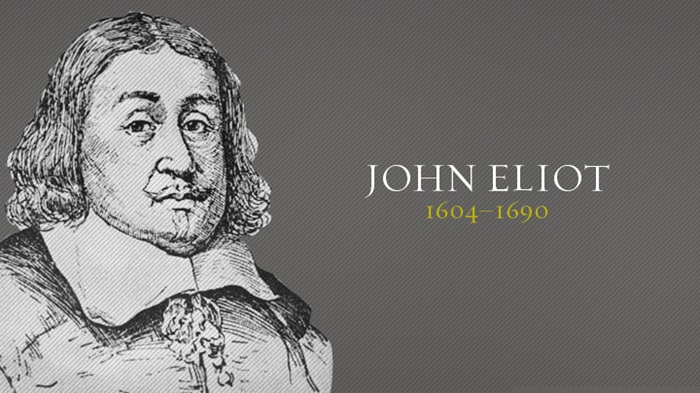
John Eliot was a Puritan missionary to the American Indians. He was called ‘the apostle to the Indians’ and the founder of Roxbury Latin School in the Massachusetts Bay Colony in 1645
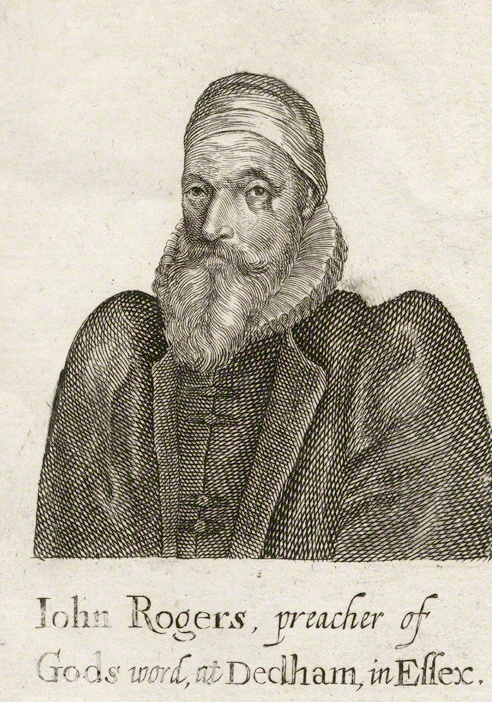
John Rogers (c. 1570–1636), nicknamed “Roaring” John Rogers for his fiery preaching style was a well-known Puritan clergyman and preacher. An elegy on is life states:
A person grave, a patron rare, most humble, godly, wise,
Whose presence made the wicked feare, when they beheld his eyes. -Elegy on the life of the Reverend John Rogers

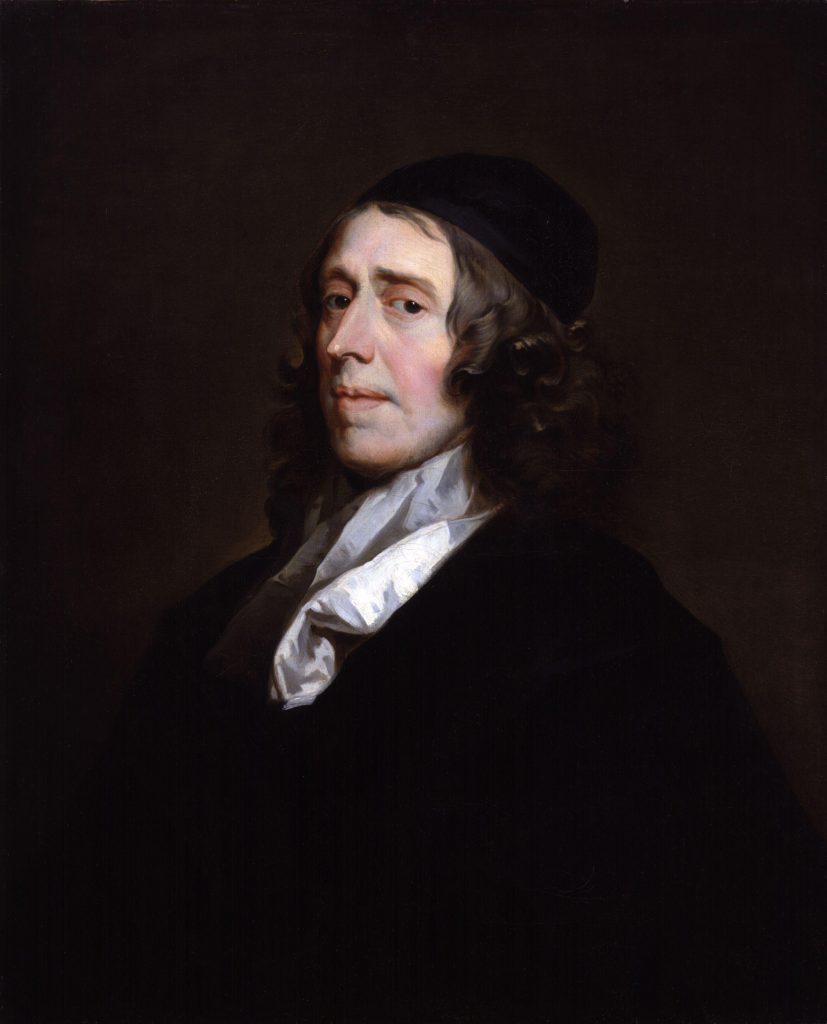
John Owen (1616 – 1683) Of Welsh decent became pastor at Coggeshall in Essex where there was a large influx of Flemish tradesmen. His adoption of Congregational principles did not affect his theological position, perhaps the greatest English-speaking Theologian. He also became a Vice Chancellor of Oxford University and an MP. One of roles was to become a chaplain to Oliver Cromwell and a Pastor of All Saints Church, Fordham.
